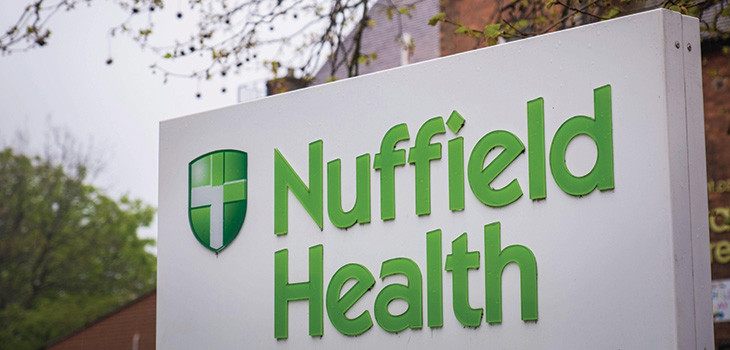
- Charity law assesses whether a body’s purposes are charitable by looking at its purposes and activities overall, not on a site-by-site basis.
- Consequently, even if one site of a charity with multiple sites across the UK did not benefit the poor but, in the round, the charity did, the site in question was still eligible for mandatory business rate relief.
Charity may, as the Bible tells us, ‘cover the multitude of sins’ but can it provide any relief against tax liability? That was a question before the Supreme Court in March 2023 when the court had to consider ‘the intersection between two venerable bodies of English law, namely charities and rating’. The issue was whether a registered charity (whose purposes are ‘to advance, promote and maintain health and healthcare of all descriptions and to prevent, relieve and cure sickness and ill health









